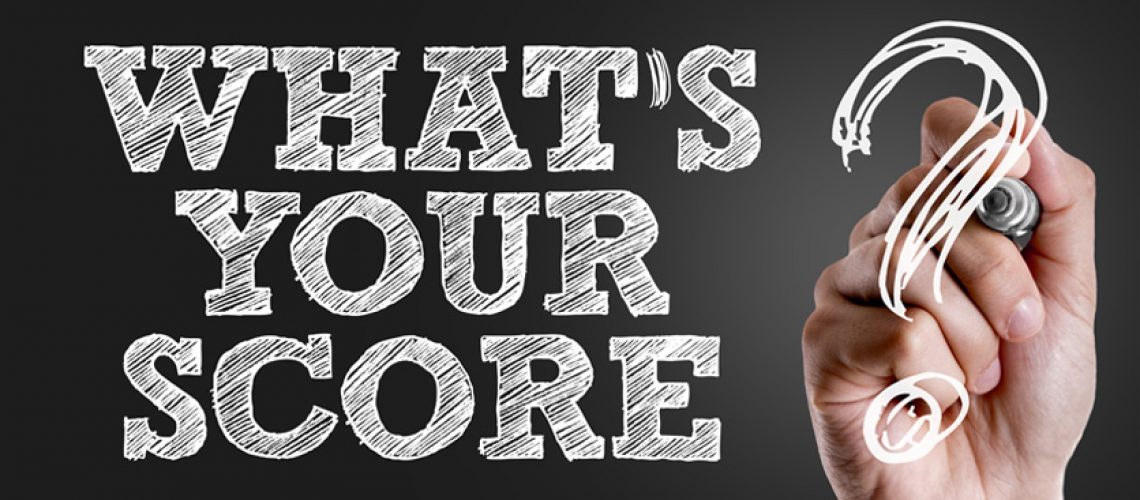What is a credit score?
Yes, it is a mysterious three-digit number that can keep you form buying a car, getting approved for a mortgage or determine your Auto Insurance rate. Banks, lenders, insurance companies and even employers use credit scores to if you are reliable and will make your payments or simply show up to work. Did you know that you have more than one credit Score?
What determines my credit score?
There are three main credit bureaus, Experian, Trans Union and Equifax, that create your credit report. They use credit scoring models like VantageScore and FICO to establish your credit score which typically range from 300 to 850. This is not Golf folks, the lowest score dose not win!
Your score is based on many factors. The most important are:
- Timely Payments
- Balance to Limit on your credit cards, do not use more than 50% of your limit on your credit card
- Length of time you have had the credit, new accounts can lower your score
- Frequent credit inquiries
- Do you make more than your minimum monthly payment
Your score will never factor in personal information like race, gender, religion, marital status or national origin.
You could have different scores.
There are many ways to calculate credit scores, it is common to have multiple different scores at the same time. You may simply have different scores because your creditor does not report to all the credit bureaus. Many lenders only report to one bureau.
You may also have different scores depending on what type of loan you are applying for or the lending institutions requirements. An auto lender will use a different scoring model than a mortgage lender might.
VantageScore boast that it can score millions more people that other models by incorporating up to 24 months of past payment history and using utility bills and rent where available. VantageScore has three models and FICO has many more, but all the models are based on your credit history.
How do I get a higher credit score?
Here is your score broken down.
- 40% is Payment History – It is simple, make all your payments on time
- 20% is Utilization – Do not over use credit, the 10% off to use the department store credit card is tempting but it is lowering your score, especially if you have a card for every store in the mall
- 11% is Balances – Your balance to credit limit is looked at on every account, if your balance I more than 50% of your card limit you are lowering your score
- 21% is Depth of Credit – How long have you been using credit, the longer you have used credit the more track recorded there is to establish a score
- 5% is Recent Credit – How much credit have you opened in the recent months, are you desperate for credit, this is a red flag and will lower your score
- 3% is Available Credit – This one is simple, are you MAXED OUT, using all your available credit is a red flag and will lower your score
Check your credit once at least once a year to make sure it is accurate. If there are inaccuracies address them with the Credit Bureau or creditor that is reporting the erroneous information. If you ever find yourself in the position of not being able to make a payment on time, call the creditor before you are late on the payment. Explain the situation, many creditors would rather help, than make your position worse.
Life is already challenging, do not let your credit score make it more difficult.






